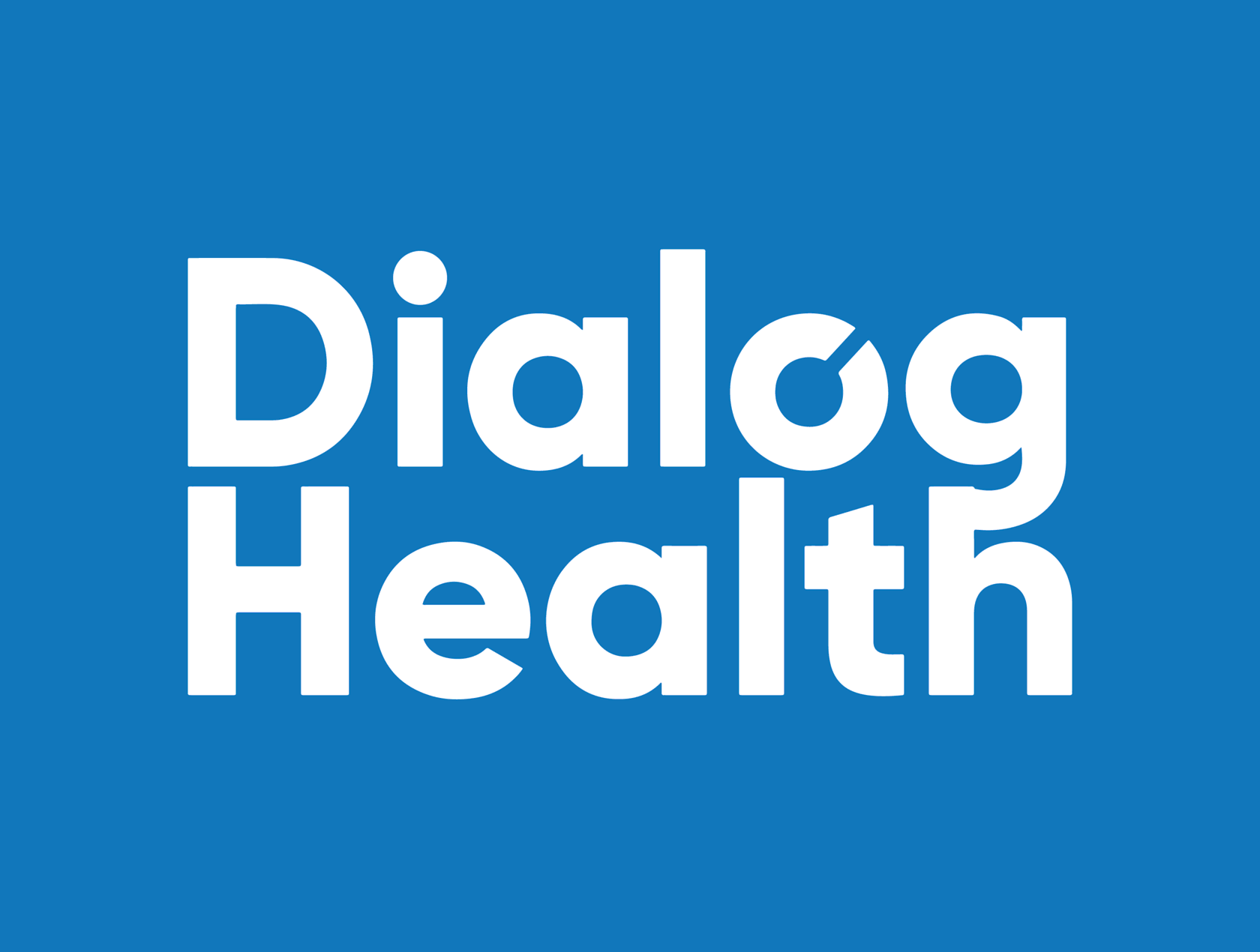- Amsterdam, Netherlands
- Aged Care
- 7 delegates
- December 2024
From December 10 to 12, Dialog Health accompanied a delegation from CHU Brest to the Netherlands to explore innovative models in elderly care. The Netherlands is a country renowned for its pioneering approaches to aged care.
Composed of professionals with varied expertise, ranging from geriatrics to logistics and organisational transformation, this multidisciplinary team from CHU de Brest delved into innovative models that are redefining the standards of aged care.
The study trip began with a visit to the Alzheimer Village The Hogeweyk Be Advice, an extraordinary place where nearly 180 residents with advanced dementia live in "houses" that recreate their past lifestyles. Everything here is designed to provide a structured and meaningful life, from shopping at the village supermarket to shared meals and home upkeep. This concept places human dignity at the forefront, reaffirming that every individual deserves a life full of purpose. Iris van Slooten-Klarenbeek, Senior Advisor, revealed the inner workings of this remarkable village.
The following morning, the delegation visited Het Gastenhuis Warmond, a welcoming residence offering a family-like and personalised living environment for its residents with dementia. The warm atmosphere and authentic human interactions perfectly embody the idea of "home-like" care. The participants were warmly welcomed by Karin Keizer, the manager of the facility. This visit left a lasting impression, emphasising the importance of an environment where closeness and personalisation are paramount.
On Wednesday afternoon, the team met with representatives from Buurtzorg, an organisation revolutionising home care through autonomous nursing teams and a management structure free from rigid hierarchy. This model focuses on human relationships and flexibility, improving both the quality of care for patients and the working conditions for caregivers. This innovative approach resonated with the delegation's members, who are seeking solutions to optimise their practices.
On the final day, the visit to the Zorgcentrum Pennemes residence highlighted the positive impact of integrating nature into the living spaces of the elderly. With sustainable architecture and eco-friendly initiatives, Pennemes provides a stimulating and soothing environment where both residents and caregivers can benefit from the surroundings. This place concretely demonstrates how ecology and well-being can come together to transform daily life. Rutger de Graaf, Director of Innovation, led these visits, highlighting local sustainable initiatives and innovative collaborations that energise the daily lives of the residents.
These three intense days provided valuable lessons. Respecting the history and needs of each individual, creating human-scale environments, promoting caregiver autonomy, and integrating sustainable practices are all inspiring pathways to improving gerontological care in France. This unique experience emphasises that innovation, when guided by a human and compassionate approach, can transform the lives of the elderly and those who care for them.
The study trip began with a visit to the Alzheimer Village The Hogeweyk Be Advice, an extraordinary place where nearly 180 residents with advanced dementia live in "houses" that recreate their past lifestyles. Everything here is designed to provide a structured and meaningful life, from shopping at the village supermarket to shared meals and home upkeep. This concept places human dignity at the forefront, reaffirming that every individual deserves a life full of purpose. Iris van Slooten-Klarenbeek, Senior Advisor, revealed the inner workings of this remarkable village.
The following morning, the delegation visited Het Gastenhuis Warmond, a welcoming residence offering a family-like and personalised living environment for its residents with dementia. The warm atmosphere and authentic human interactions perfectly embody the idea of "home-like" care. The participants were warmly welcomed by Karin Keizer, the manager of the facility. This visit left a lasting impression, emphasising the importance of an environment where closeness and personalisation are paramount.
On Wednesday afternoon, the team met with representatives from Buurtzorg, an organisation revolutionising home care through autonomous nursing teams and a management structure free from rigid hierarchy. This model focuses on human relationships and flexibility, improving both the quality of care for patients and the working conditions for caregivers. This innovative approach resonated with the delegation's members, who are seeking solutions to optimise their practices.
On the final day, the visit to the Zorgcentrum Pennemes residence highlighted the positive impact of integrating nature into the living spaces of the elderly. With sustainable architecture and eco-friendly initiatives, Pennemes provides a stimulating and soothing environment where both residents and caregivers can benefit from the surroundings. This place concretely demonstrates how ecology and well-being can come together to transform daily life. Rutger de Graaf, Director of Innovation, led these visits, highlighting local sustainable initiatives and innovative collaborations that energise the daily lives of the residents.
These three intense days provided valuable lessons. Respecting the history and needs of each individual, creating human-scale environments, promoting caregiver autonomy, and integrating sustainable practices are all inspiring pathways to improving gerontological care in France. This unique experience emphasises that innovation, when guided by a human and compassionate approach, can transform the lives of the elderly and those who care for them.
Subscribe to our newsletter
Once a month you will learn about our latest tours.
By clicking the button you agree to our Privacy Policy
Photos
Previous study missions


